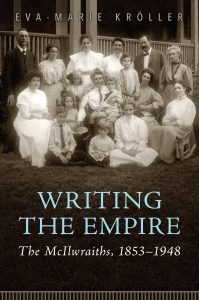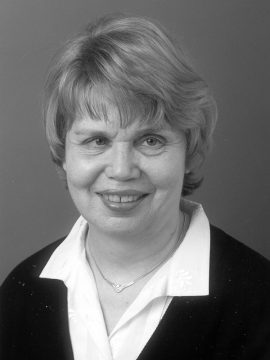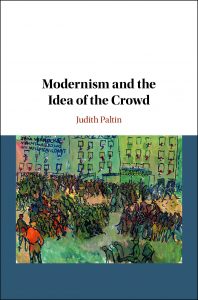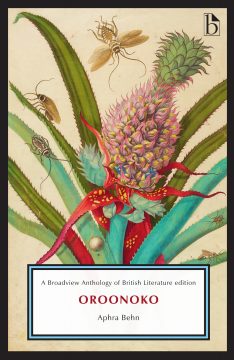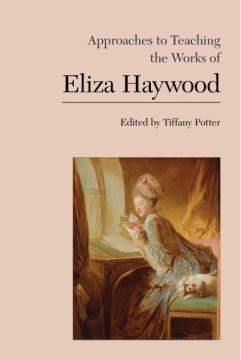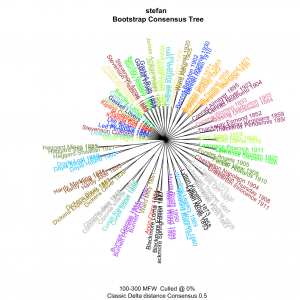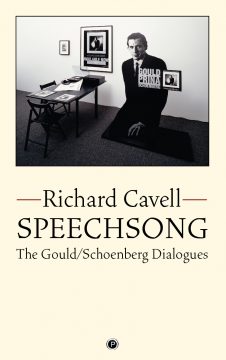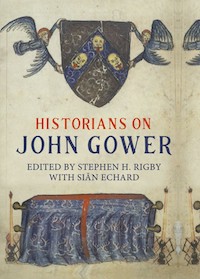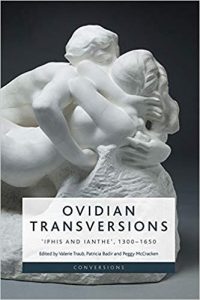Literature Majors Seminar
Term 2
W, 10:00 AM-12:00 PM
This course will examine the influence of photography and cinema on literary form. Photography has become such a common aspect of contemporary life that camera technology is now routinely built into our phones, computers, and automobiles. The photographic recording of everyday life provides an unprecedented archive of visual memories. Photographs and video records of violations of human rights serve a crucial evidentiary role in seeking justice, as illustrated in the killing of George Floyd and the subsequent mass mobilization of rightful protests.
We will explore some of the following central questions: Given the increasing power of photographs and cinematography in the formation of private and public judgments, how have novelists, poets, dramatists, and film makers responded to these visual influences? What happens to the articulation of the written self when it confronts the power of photography? How have writers incorporated some of the techniques of photographic and cinematic ways of seeing into their forms of writing?
Readings will include Roland Barthes' Camera Lucida, selected essays by Walter Benjamin, and Susan Sontag's On Photography. We will also consider works of fiction, drama, and cinema that respond to our increasingly visual culture such as Michael Ondaatje's Coming Through Slaughter, Le Thi Diem Thuy's The Gangster We are All Looking For, Maaza Mengiste's The Shadow King, and films by Alfred Hitchcock (Rear Window), Michaelangelo Antonioni, (Blow-up), and Christopher Nolan (Memento).
Course requirements include a presentation, participation in weekly discussion, and a major essay.
Required readings/film viewings:
Theory: Roland Barthes, Camera Lucida (Hill and Wang); Kyo Maclear, Beclouded Visions: Hiroshima, Nagasaki and the Art of Witness (SUNY) Susan Sontag, On Photography (Picador); plus selected e-texts or handouts. Optional: Geoffry Batchen, ed. Photography Degree Zero (MIT)
Fiction/Prose: Michael Ondaatje, Coming Through Slaughter ; Le Thi Diem Thuy, The Gangster We Are All Looking For (Anchor); Maaza Mengiste, The Shadow King.
Drama: Kevin Kerr, Studies in Motion (Talon); Marie Clements and Rita Leistner, The Edward Curtis Project: A Modern Picture Story (Talonbooks)
Screenplay and Film: Marguerite Duras and Alain Resnais, Hiroshima, Mon Amour (Grove)
Films: Finding Vivian Maier (2013); Alfred Hitchcock, Rear Window (1954); Michaelangelo Antonioni, Blow-up (1966); Christopher Nolan, Memento (2000);
Poetry: Selections from Fred Wah, Sentenced to Light (Talon); Roy Miki, Mannequin Rising (New Star)
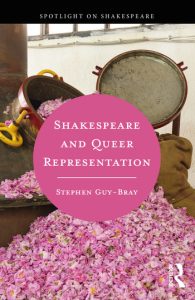
 Stephen Guy-Bray specializes in Renaissance poetry, queer theory, and poetics. His most recent monograph is Shakespeare and Queer Representation. He is now finishing a monograph on line endings in Renaissance poetry and is working on articles and book chapters on Katherine Philips, on Edmund Spenser and Roland Barthes, on gender in Sidney’s Arcadia and on sonnet couplets. He is beginning a new book on Shakespeare’s sonnets in the 21st century.
Stephen Guy-Bray specializes in Renaissance poetry, queer theory, and poetics. His most recent monograph is Shakespeare and Queer Representation. He is now finishing a monograph on line endings in Renaissance poetry and is working on articles and book chapters on Katherine Philips, on Edmund Spenser and Roland Barthes, on gender in Sidney’s Arcadia and on sonnet couplets. He is beginning a new book on Shakespeare’s sonnets in the 21st century.